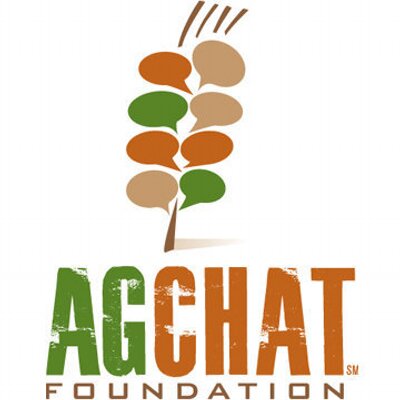 By now, you have probably heard of the show Shark Tank. I love it because it is gritty and really epitomizes what America is about. It centers around entrepreneurs coming into a board room with five investors sitting in front of them. The entrepreneurs pitch their company to the investors and the investors can choose whether they want to invest money. One interesting product caught my eye on this show recently called Heidi Ho. This chef had found a way to make cheese without milk. As someone who works in the dairy industry, my first reaction was an eye roll, but then I realized this food product is still agriculture. After all it was made from nuts.
By now, you have probably heard of the show Shark Tank. I love it because it is gritty and really epitomizes what America is about. It centers around entrepreneurs coming into a board room with five investors sitting in front of them. The entrepreneurs pitch their company to the investors and the investors can choose whether they want to invest money. One interesting product caught my eye on this show recently called Heidi Ho. This chef had found a way to make cheese without milk. As someone who works in the dairy industry, my first reaction was an eye roll, but then I realized this food product is still agriculture. After all it was made from nuts.
It got me thinking about how I react to a lot of “different” kinds of foods. These food products may be different, but they still are agriculture. Then, why did my eyes roll?
While I agree this was a fluffy product that seemed on the foo-foo dust side of reality… at the core, I think it was because I knew this could hurt the dairy industry. This is how it starts and why there are farmers and agvocates on both sides of agriculture that want to see the other side fail. While my eyes did roll, I am of the firm belief that if we are going to unseat the likes of the Food Babe, we need to work together as an agricultural community.
Which brings up a huge dilemma. I don’t really have a good answer, but I think all products have a place with consumers. Otherwise they wouldn’t sell anything. Yes, cheese made out of nuts may lead to more dairy farms going out of business, but it could also mean that those that deal with lactose intolerance can actually eat “cheese”. At the end of the day, we need to understand that the world is changing and consumers are becoming more knowledgeable about their food supply. As agvocates, we need to unite agriculture under one banner, not tear it into this side versus that side. A divided nation never wins the war.







 I recently visited the
I recently visited the  Question of the day: Should I start a Facebook page or use my personal Facebook profile?
Question of the day: Should I start a Facebook page or use my personal Facebook profile?